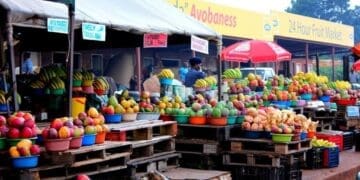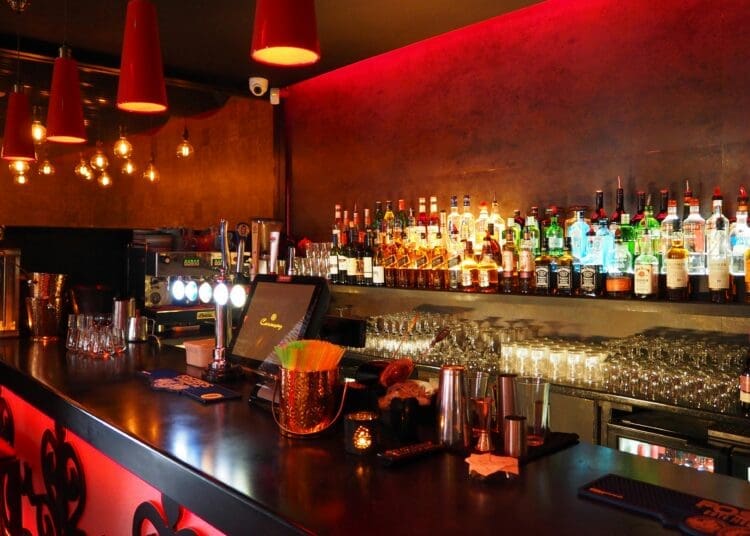South Africa’s craft beer industry is growing fast, but it’s challenging for small brewers to succeed.
A recent webinar hosted by Proudly South African unpacked the struggles faced by small and emerging beer producers, including limited funding, restrictive regulations and difficulty accessing mainstream markets.
This is despite the rising popularity of locally brewed craft beers.
Aphiwe Nxusani Mawela, who is the founder of Tolokazi Beer that produces a range of premium beers and ciders, said getting financial support was challenging when she started her business.
“Remember we don’t we don’t benefit from government funding because we are classified as a sinful business, that label makes it hard to access grants,” she said.
It took her over a year-and-a-half to secure funding and obtain an operating licence, which made it difficult to keep her business going.
“It took me a year knocking on different doors, presenting my business to different investors, however, I got funding from IDC (Industrial Development Corporation), but had to wait another eight months to get my liquor licence,” Mawela said.
Another issue raised was market access. Large beer companies already have strong relationships with retailers, bars and restaurants.
Small brewers often struggle to get shelf space or tap placements, even if their product is high quality.
Johan Auriacombe, who is the owner of Capital Craft, shared practical solutions to the challenges facing small brewers.
He stressed the importance of branding and truly understanding your customer base, which could help smaller producers grow without relying on supply chains dominated by big beer companies.
“Before entering the beer market, you need to get your brand right. Many start-up SMMEs don’t clearly define their mission and vision from the start, so when things get tough, they lose direction and forget why they started the business in the first place,” said Auriacombe.
He said that a clear brand identity attracted customers and built loyalty and resilience, especially in a competitive and often saturated market.
“When building your brand, create something strong and consistent, from your packaging to your social media presence. That’s the stuff people see, and that’s what they’re willing to spend their last bit of money on,” he said.
Auriacombe also noted that small and independent brewers, like Tolokazi Beer, could benefit from self-distribution as a way to build stronger connections with their customers.
“Delivering your beer gives you more face-to-face time with your customers. Through these interactions, you get valuable feedback, build relationships and keep people informed about what’s new with your brand,” he said.






















































